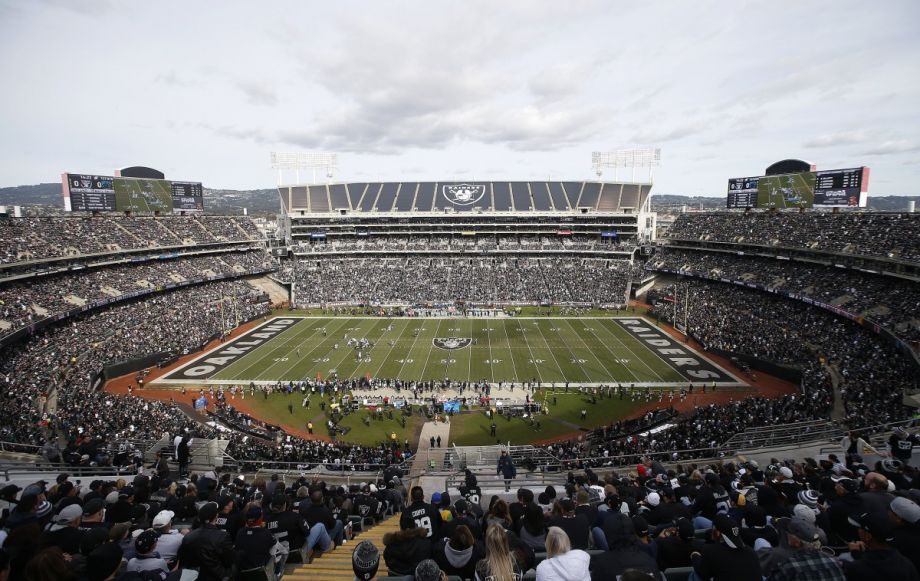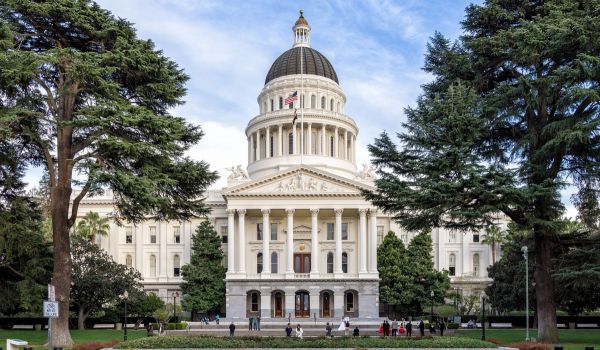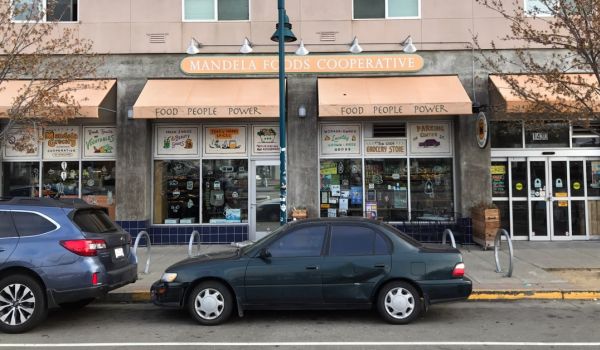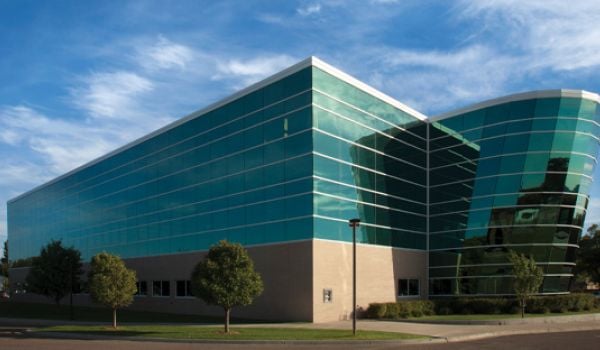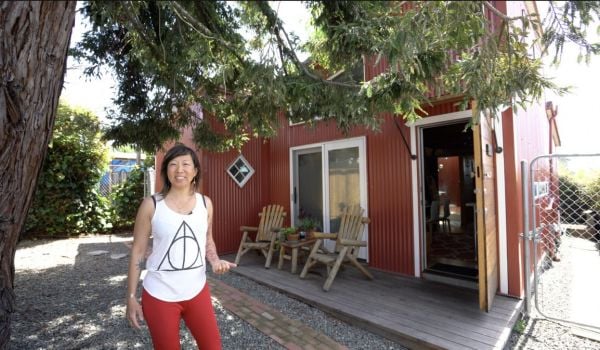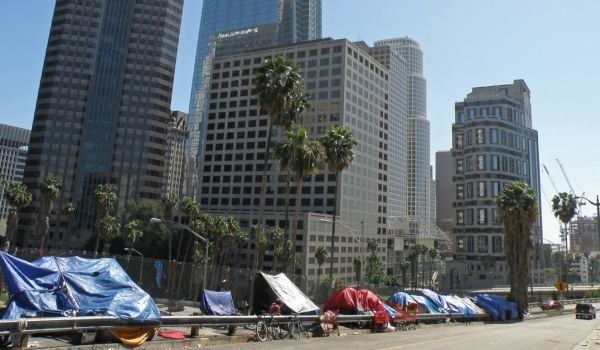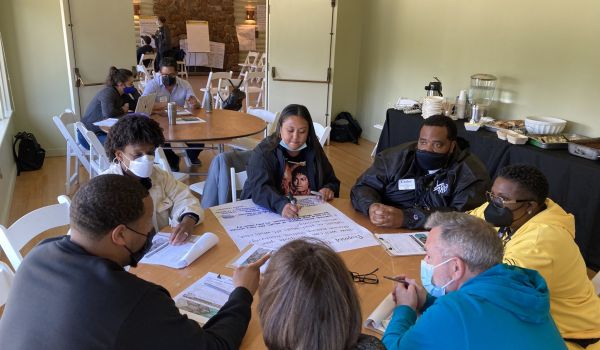The city of Oakland has a plan to keep local NFL team the Raiders in town: a $1.3 billion stadium that includes $350 million in public money. SFGate.com reports that the Oakland City Council and the Alameda County Board of Supervisors voted Tuesday to approve opening negotiations with an investment group on the project. The approvals give the investors — headed by NFL stars Ronnie Lott and Rodney Peete — the right to negotiate on a formal agreement for the stadium.
Under the new plan, the city and county would chip in 105 acres, valued at about $150 million, at the site of the Oakland Coliseum, where developers would put a new stadium and parking lot. Oakland would also put $200 million into infrastructure such as roads, lighting and utilities. The city says this money would come from tax revenue generated by the stadium project and ancillary mixed-use development.
Despite the vote, there’s no guarantee the Raiders will stay in Oakland. Team owner Mark Davis previously said they’d move to Las Vegas, where a $1.9 billion stadium deal awaits. This year, the NFL’s Rams left St. Louis for L.A. thanks to a new stadium deal.
Several speakers at the Oakland City Council meeting urged caution and said officials should at least negotiate jobs and affordable housing as part of the deal. While the mayor and assistant city administrator have both promised that the proposed deal would not put taxpayer money at risk, many worry the city will use critical public funds to support a professional football team. The city says that including private investors in the deal will make it pay out for the city in the long run, but past studies have shown that sports teams often don’t have the positive economic impacts promised.
“The city of Oakland doesn’t have $350 million to spend on the Raiders,” civil rights attorney and activist Dan Siegel said at the meeting. “They’re free to come back on their own dime.”
Kelsey E. Thomas is a writer and editor based in the most upper-left corner of the country. She writes about urban policy, equitable development and the outdoors (but also about nearly everything else) with a focus on solutions-oriented journalism. She is a former associate editor and current contributing editor at Next City.

